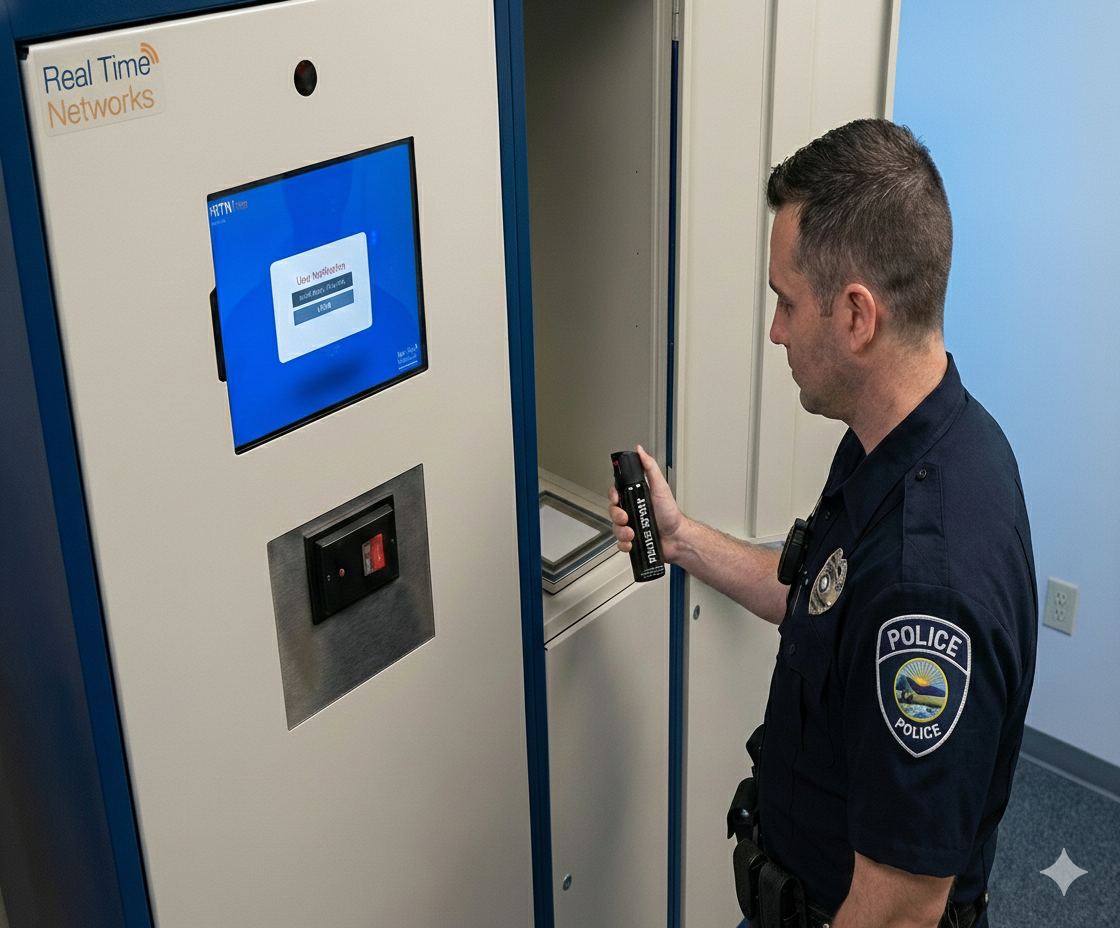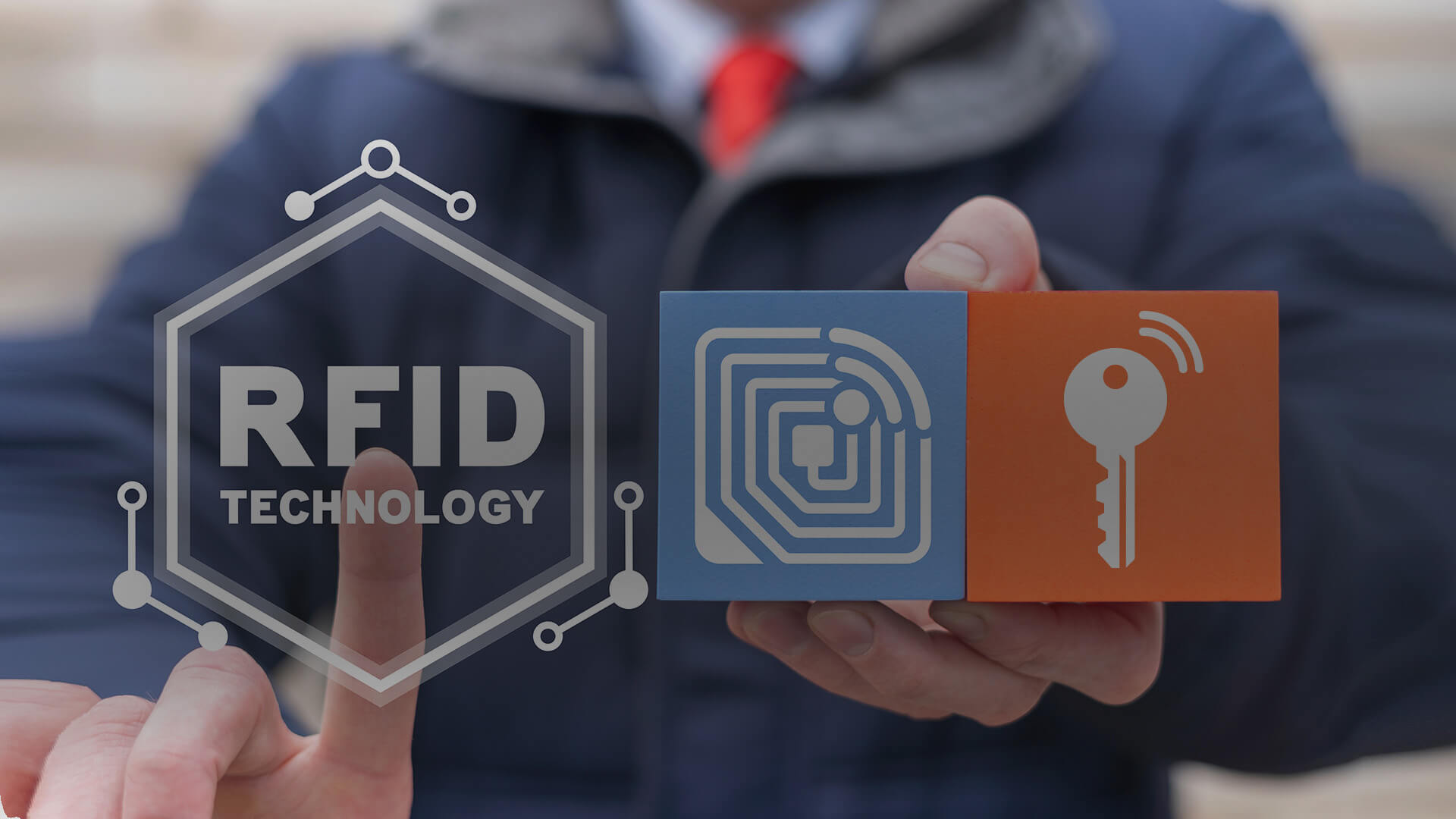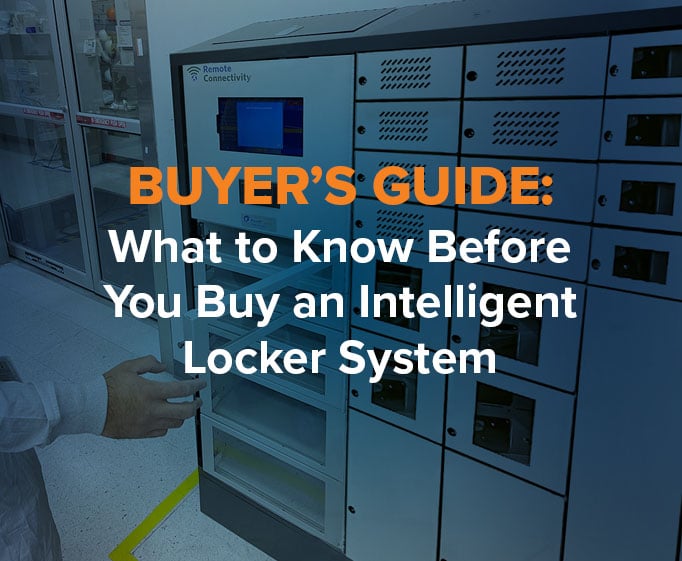By Jay Palter | May 29, 2025
Employee theft in hotels is a persistent challenge that can significantly impact operational efficiency and profitability. Whether theft involves guests, employees, or outside parties, addressing it requires a layered approach that includes training, management policies, and modern technology like automated asset tracking.
- Common Types of Theft in Hotels and How to Address Them
- How Hotel Asset Management Systems Improve Security
- Top Benefits of Automated Asset Tracking for Hotels
- RFID Technology in Hotels for Staff Accountability and Asset Protection
- Training Hotel Staff to Prevent Internal Theft and Misuse
- Choosing the Right Asset Tracking System for Your Hotel
- Creating a Theft Prevention Strategy in Hotel Operations
- Hotel Theft Prevention: What You Need to Know
Common Types of Theft in Hotels and How to Address Them
Understanding the diverse forms of hotel theft is the first step in creating effective prevention strategies. Hotels must identify and address the unique risks associated with guest theft, employee theft, and burglary to safeguard their assets and maintain trust.
Hotels commonly face three primary types of theft:
Guest Theft
Guests stealing hotel property or personal items from other guests.
Employee Theft
Internal theft ranging from minor pilfering to major fraudulent activities.
Burglary
Unauthorized entry by external intruders leading to substantial financial losses
Addressing these theft types requires tailored, proactive strategies that support common hotel operations management goals.
Checklist
Is Your Hotel as Secure as It Should Be?
Ensure you’re covering all the bases with your safety and theft prevention efforts.
Read our Hotel Safety & Security Checklist and uncover 30+ tips to improve your current practices.
How Hotel Asset Management Systems Improve Security
Implementing a systematic tracking system and management protocols ensures hotel equipment is secured, helps protect high-value assets, including housekeeping supplies and electronics, and minimizes hotel theft risks.
Robust asset management plays an essential role in mitigating theft risks. It involves detailed tracking of assets used in hotel housekeeping, front desk operations, and facilities maintenance, reducing vulnerability and improving efficiency.
Inventory Control
Tracking hotel assets prevents shortages, reduces excess inventory, and ensures optimal use of resources.
Maintenance Scheduling
Proactive asset tracking enables regular maintenance, reducing unexpected breakdowns and extending the lifespan of assets.
Additionally, consistent asset management practices create historical records that support insurance claims, budgeting, and long-term asset planning.
Top Benefits of Automated Asset Tracking for Hotels
Automated systems provide hotels with powerful tools to enhance asset visibility, secure high-value equipment, and streamline workflows and operations.
Automated asset tracking systems are transforming hotel operations with:

Real-Time Asset Visibility
Immediate updates on asset location and status help quickly identify and resolve security breaches.
Increased Staff Accountability
By tracking who accesses what and when, these tools systems help in managing hotel staff accountability.
Operational Efficiency
Automation of routine tasks, such as inventory checks, streamlines hotel operations management and reduces human error.
Loss Prevention
Automated systems deter internal theft by ensuring assets are traceable at every stage.
Cost Control
Fewer missing items and improved asset utilization help reduce unnecessary purchases and waste.
RFID Technology in Hotels for Staff Accountability and Asset Protection
Integrating technology with hotel systems strengthens security protocols and improves guest service. Automated tracking systems are essential for preventing internal theft in hotels by increasing oversight and data transparency.
Integration of tracking systems with property management platforms (PMS) ensures a seamless approach to hotel equipment security. Unified platforms facilitate consistent operational practices and reduce theft risk.
Data Analytics
Analyze trends in asset usage and identify risks or misuse patterns.
Security Alerts
Notify managers in real time of unusual or unauthorized asset movements.
This connectivity ensures managers can make informed decisions quickly, increasing responsiveness and guest satisfaction while minimizing disruptions.
Training Hotel Staff to Prevent Internal Theft and Misuse
While technology significantly enhances hotel asset tracking, it must be supported by clear policies and employee education. Reinforcing expectations through regular training deters employee theft in hotels and promotes a shared sense of responsibility.
According to Hospitality Lawyer, protecting property begins with employee integrity and proper screening.
Clear Policies
Documented procedures for asset use, movement, and reporting.
Staff Training
Emphasize the role of employees in maintaining hotel equipment security and preventing misuse.
Accountability Culture
Encourage ownership and transparency across departments.
Leadership should also lead by example, fostering a zero-tolerance culture toward theft. Recognition and reward programs can further motivate teams to act with integrity.
Choosing the Right Asset Tracking System for Your Hotel
Choosing the right system for your hotel, requires evaluating capabilities in real-time monitoring, integration with hotel operations management platforms, and adaptability to a hotel’s specific needs.

Ease of Use
Promote staff adoption and daily system engagement.
Integration Capabilities
Aligns tracking data with property management systems.
Customization and Scalability
Useful for operations such as hotel housekeeping and equipment management.
Involve key departments in the selection process to ensure the chosen solution aligns with operational workflows. Don’t overlook vendor support, software updates, and cybersecurity safeguards during evaluation.
Creating a Theft Prevention Strategy in Hotel Operations
A successful strategy to prevent internal theft in hotels includes a combination of automated systems, operational oversight, and a proactive hotel security culture.
Hotels that use intelligent systems benefit from stronger asset visibility, reduced loss, and increased accountability. These tools support larger hotel operations management goals and align with modern security best practices.
Effective theft prevention also involves regular audits, physical inspections, and a communication plan to keep all departments aligned. This comprehensive approach ensures hotel operations are not only secure but also agile and responsive. For a step-by-step strategy, Dahlcore provides a helpful guide to managing hotel theft risks.
Hotel Theft Prevention: What You Need to Know
What is hotel asset tracking?
Hotel asset tracking is the process of monitoring equipment, supplies, and devices using systems like RFID and GPS. These systems help improve hotel equipment security and reduce internal theft.
How does asset tracking prevent employee theft in hotels?
Automated systems increase visibility and maintain logs of employee interaction with assets. This level of oversight helps prevent internal theft in hotels.
What is hotel housekeeping asset tracking?
Hotel housekeeping asset tracking monitors items like linens, cleaning equipment, and carts to prevent loss, misuse, or theft while improving efficiency and accountability.
Why are automated asset tracking systems important for hotels?
They reduce human error, streamline operations, and improve hotel operations management by providing real-time data and automating asset-related tasks.
How can hotels manage staff accountability?
By using automated systems that track equipment use, hotels can increase staff accountability and create a more transparent and responsible work environment.
What are the best ways to improve hotel equipment security?
A layered strategy combining automated asset tracking, employee training, clear protocols, and integrated property management systems is the most effective approach to improving hotel equipment security.
Can asset tracking systems reduce operating costs?
Yes. By minimizing loss, optimizing asset use, and reducing manual labor, automated tracking systems contribute to long-term cost savings and improved efficiency across departments.
What are the most stolen items in hotels?
Commonly stolen items include towels, electronics, cleaning supplies, and tools. Asset tracking helps mitigate these losses by ensuring items are monitored and controlled.
Can RFID be used for guest room items?
Yes. RFID tags can be attached to mini bar items, linens, and electronics in guest rooms, helping monitor usage and reduce theft or loss.
What technology do hotels use to track housekeeping carts and supplies?
Hotels increasingly use RFID-based housekeeping asset tracking systems to monitor linen carts, cleaning tools, and inventory in real time.
How can hotels train staff to prevent theft?
Provide clear policies, conduct regular training sessions on theft prevention, and explain the role of asset tracking systems in maintaining accountability.
Ready to Take Control of Your Hotel’s Security?
See how Real Time Networks can help your hotel reduce theft, improve accountability, and streamline daily operations.
Subscribe to our blog

Jay Palter
Vice President of Marketing & Partnerships




